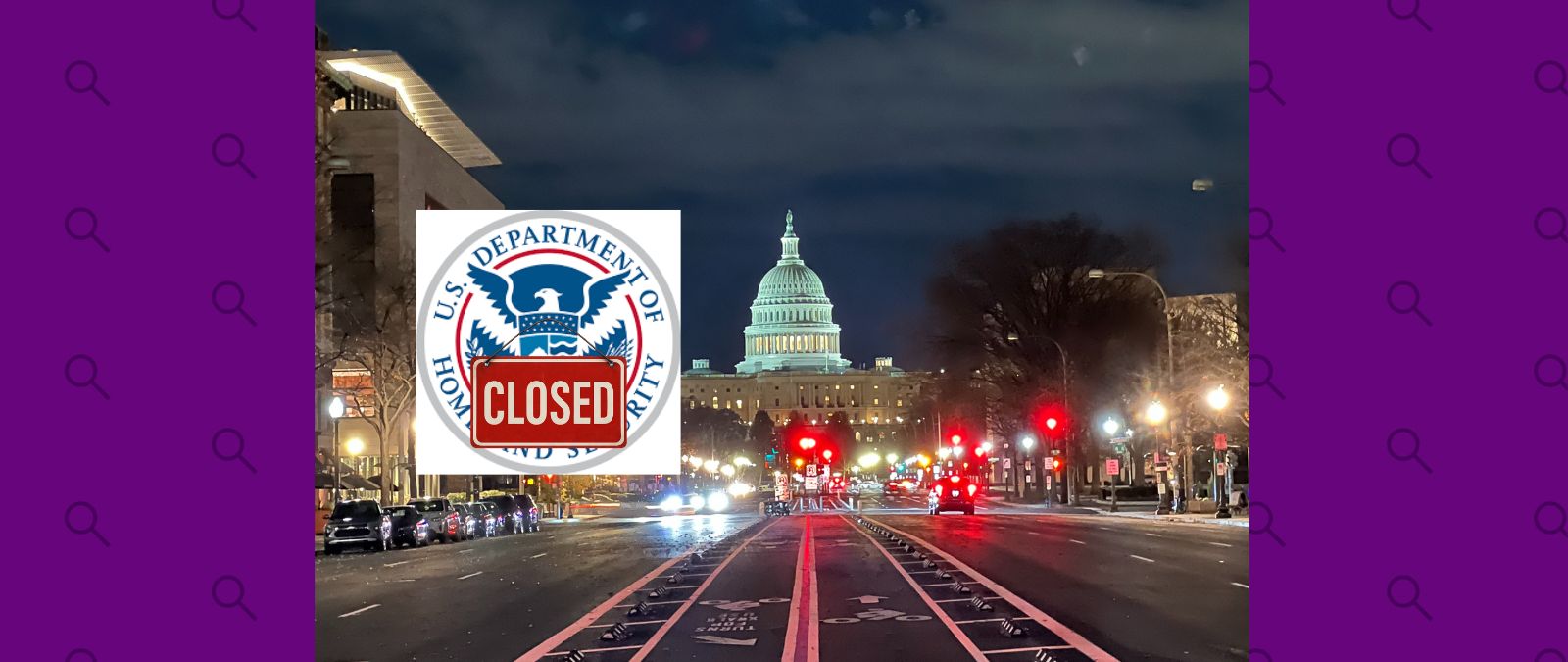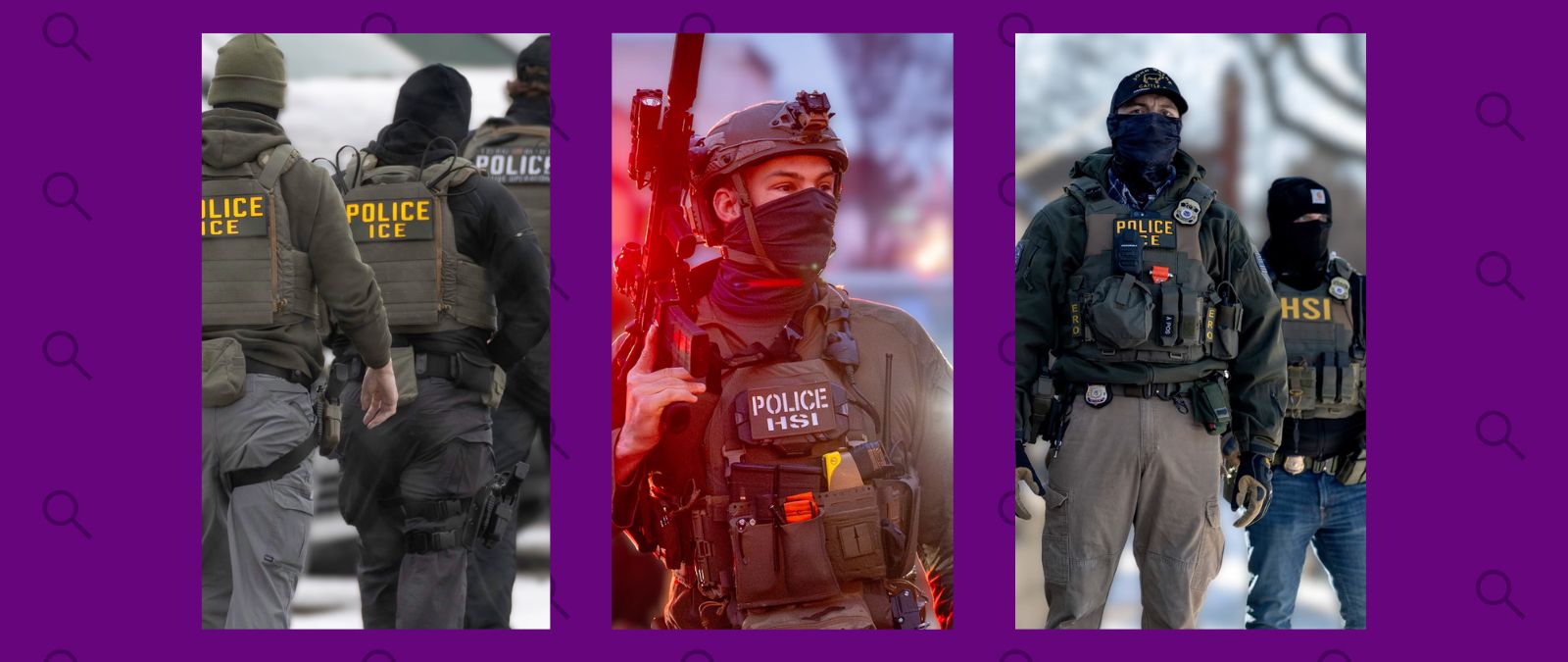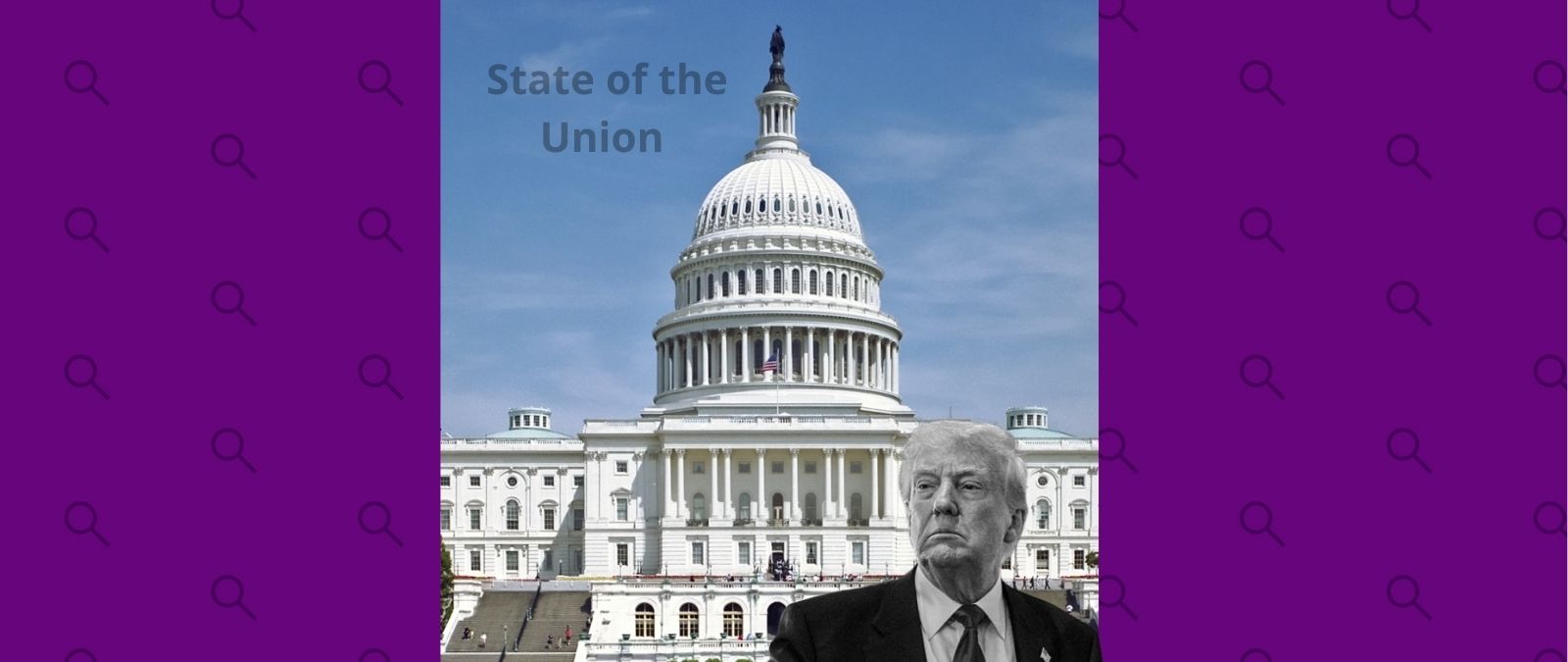Esta investigación de cinco entregas fue realizada por Conexión Migrante y Factchequeado con apoyo del programa Disarming Disinformation del International Center for Journalists (ICFJ).
Puedes leer esta nota en español haciendo clic aquí.
“I'm Mexican now! I'm Mexican now!” shouts a woman wearing glasses as she excitedly hugs others around her. She approaches another woman and a man dressed in suits, who are talking on their cell phones. A few minutes later, a mid-range car arrives and the new Mexican woman gets in with three other people.
Soon, another large vehicle approaches and picks up four people to take them to an office in downtown Tapachula on Mexico's southern border, the main gateway for undocumented migrants.
The office is a converted house with a waiting room and reception area. There are at least 20 women and men of African descent and three young people who appear to be Muslim based on their clothing. Among them is a young woman who looks no older than 20, her hair covered with a pashmina.
After waiting for 15 minutes, one of the lawyers comes out of the office and says loudly: "My brothers and sisters, thank you all for waiting, but today we will not have time to see everyone. I ask you to please leave. We are only going to see the people who have an eligibility interview with COMAR next Monday. Only those who have an interview will be prepared!“ he insists. ”We ask that you please come back next week."
The demand for legal services in a city like Tapachula is high due to the urgency of immigrants to move to the center or north of the country, or to a city where there are more jobs and better pay.
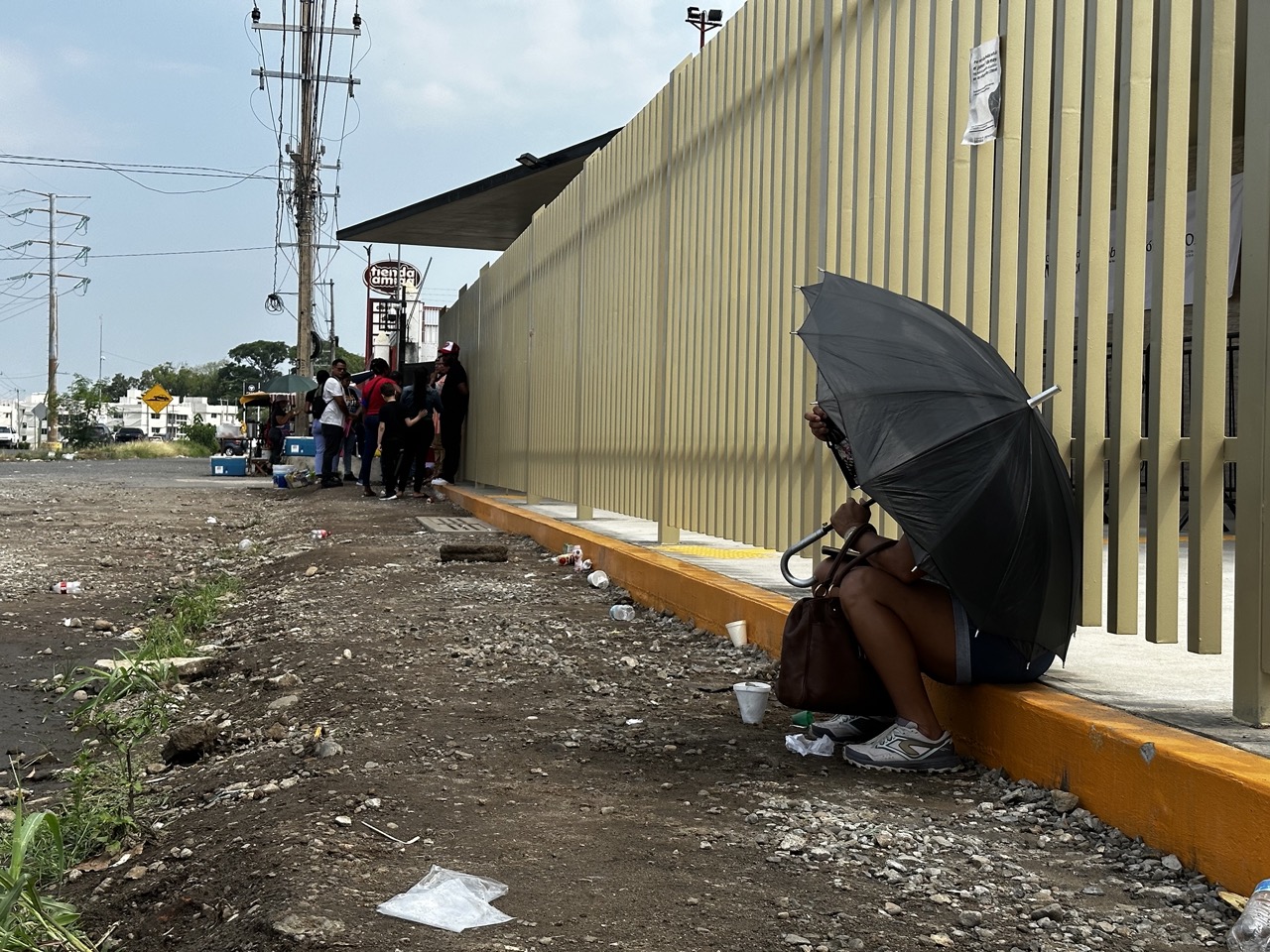
Getting from Tapachula to Mexico City without being detained by immigration authorities cost up to $1,500 in May 2025, according to immigrants interviewed for this investigation. It is a distance of 1,157 kilometers that can be covered by bus or plane, but without legal protection, undocumented foreigners run the risk of being detained.
For the vast majority who cannot afford that amount, applying for asylum is a free but slow option, as it can take at least six months and forces them to remain in Tapachula until the process is complete.
Legal advisory services on immigration matters range from a supposed amparo (injunction) allowing them to move around the country, to advice on what to say in their eligibility interview with COMAR (Mexican Commission for Refugee Assistance).
We visited a law firm and one of the partners explained the process: “If we tell you it's green, you're going to say it's green,” he said.
"There are no magic formulas here. In Tapachula, there is no lawyer who will tell you that it is 100% certain. It depends a lot on the work you do as a lawyer and how you respond as a client. That's why we prepare them. We tell them what to say, what not to say, and what they may be asked. Some people don't have a story, so we help them create one. Some people don't know what to do, so we help them with all of this."
Although the asylum application process with COMAR is completely free by law, lawyers charge at least 15,000 pesos, or about $750. Fifty percent must be paid up front, and they promise results within six months. If a satisfactory response is not received, the other half is not paid.
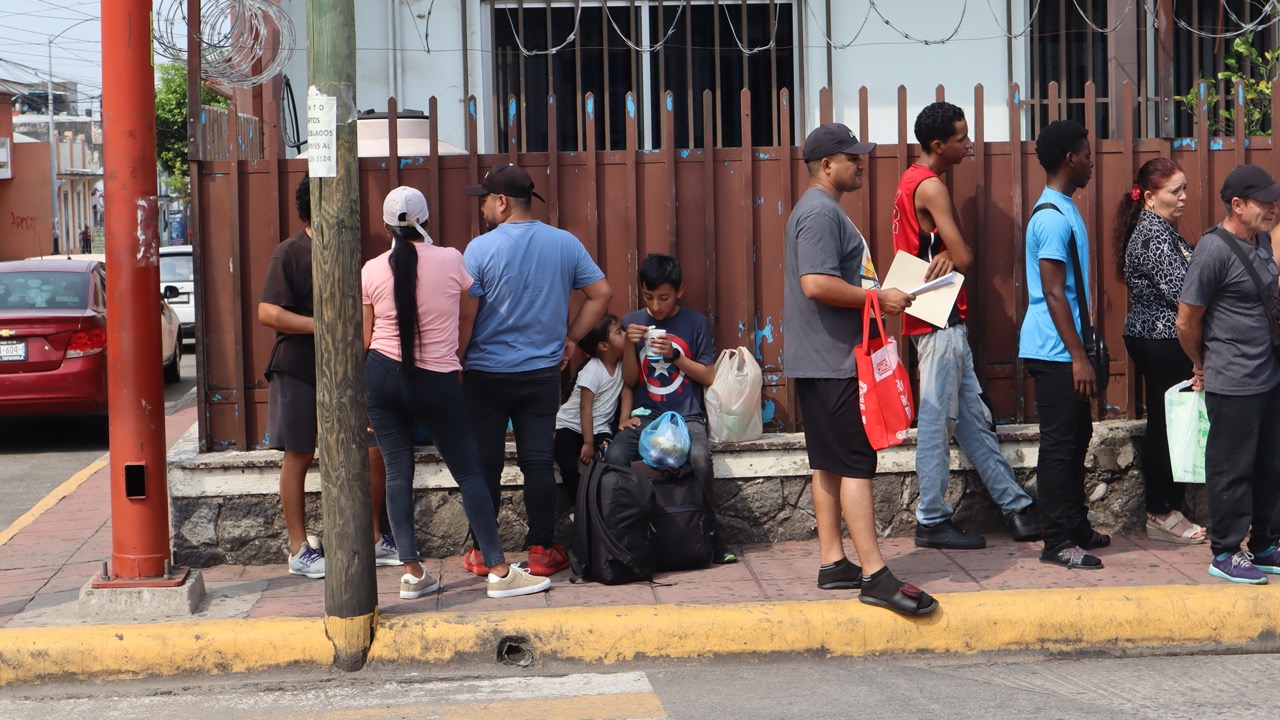
“You can look for any lawyer in Tapachula, anyone. Search Google on your phone and type in: ‘lawyer, immigration, Tapachula,’ and the first options and positive reviews that come up will be ours,” says the confident defender we spoke to, in an office shared with two partners.
Not far from there, in another central area of Tapachula, another office offers to process appeals to obtain the Visitor Card for Humanitarian Reasons (TVRH) so that people can leave Tapachula for another city.
What the lawyer does not make clear to his clients is that “the Card” is not a passport to travel to central or northern Mexico, nor is it an exit pass from Tapachula. It is only issued when a person submits a formal application for asylum to COMAR, and it functions as temporary protection during the evaluation process, which by law must last 45 business days.
Furthermore, although in theory it allows free transit through the country, anyone who leaves the state where they applied for asylum automatically loses the protection granted by the INM.
However, the version presented by these agents is very different: “Believe me, with us, we will tell you the truth, we are not going to sell you something we haven't worked for, everything is 100% legal,” he assures in a recording obtained by a potential client and shared for this investigation with Conexión Migrante and Factchequeado.
This discrepancy between the legal reality of the document and what the lawyers promise illustrates the type of deception that proliferates in Tapachula, a city of 218,000 inhabitants located on Mexico's southern border with Guatemala. With few formal sources of employment, the city is home to thousands of people awaiting a decision from COMAR.
Migrants represent a million-dollar business: the state of Chiapas received $1.067 billion in remittances in the second quarter of 2025, a rapid increase from $699 million to $1.194 billion between 2022 and 2023, when the largest migratory flows in Mexico toward the U.S. border occurred, according to the Bank of Mexico.
A Pass to Travel Around Mexico
Faced with the desperation to leave Tapachula, law firms offering immigration services receive dozens of foreign citizens seeking an exit pass to the interior of Mexico.
"Here, immigrants are not given any information, neither by COMAR nor by Immigration. One knows very little about the process one is going through. They deceive us here. But according to what I have heard from migrants, friends, when COMAR denies you asylum, they have to give you a humanitarian visa, but they don't because they deceive you about your rights," says Félix, a 28-year-old Cuban man who was denied refugee status along with his 34-year-old brother.
“What can you do? You look for a lawyer to process a humanitarian visa for you,” he says.
In his words, he recounts: “So, the lawyer files an amparo, which I don't know what that would be in Mexican law, which is forcing Immigration to give you a humanitarian visa.”
"He explained to me that you can leave, even leave the country, during that period, but here they don't comply, at least with migrants. Here, they extort you at Immigration. You're going to travel, and they ask you for more money, and sometimes they don't even let you travel."
In early August 2025, a caravan of migrants, mainly of Haitian and Cuban origin, left Tapachula for Mexico City, tired of not receiving a response from COMAR and the lack of opportunities.
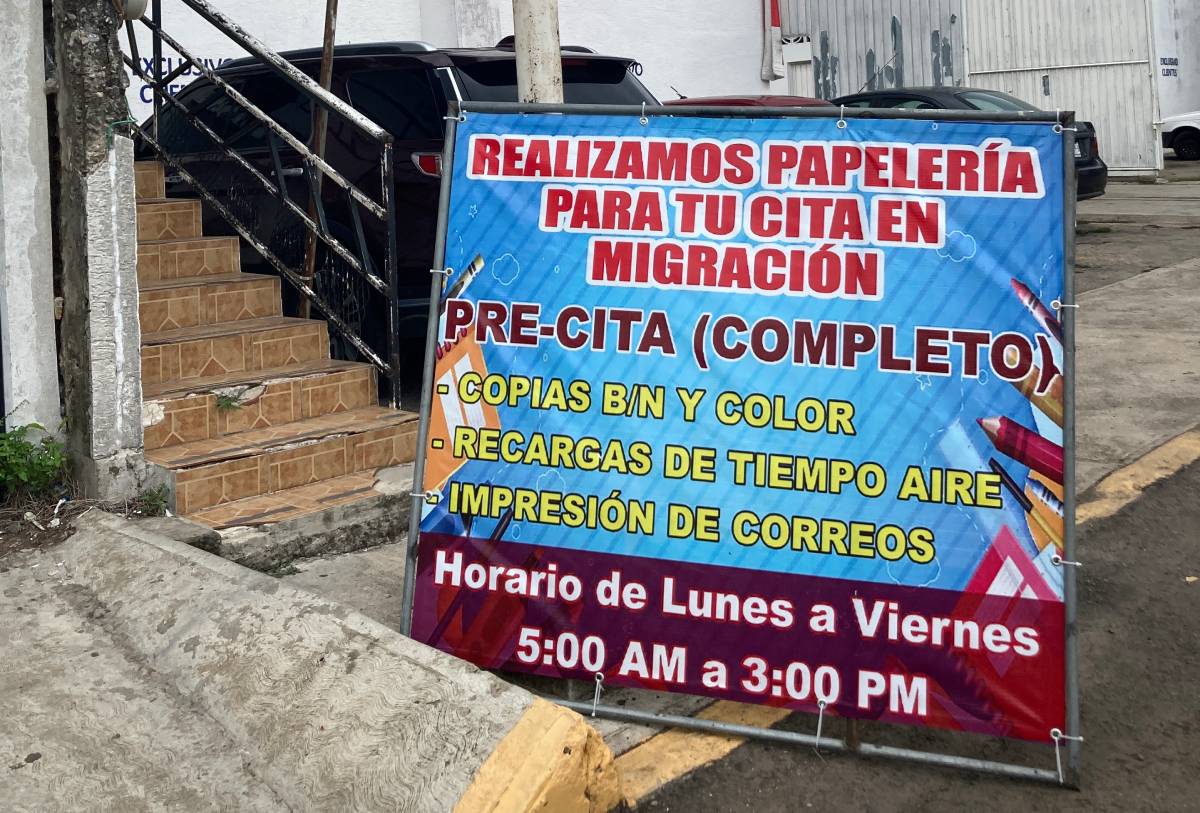
Around COMAR offices in the city of Tapachula, an economy based on documents needed for the refugee process proliferates. Places like this even promise assistance in scheduling pre-appointments with Mexican officials. / Photo: Nadia Sanders
*Second of five-part series, "I'm Staying in Mexico"
Factchequeado is a verification media outlet built by a Spanish-speaking community to tackle disinformation in the United States. Do you want to be part of it? Join us and verify the content you receive by sending it to our WhatsApp +16468736087 or to factchequeado.com/whatsapp.
Read more:



